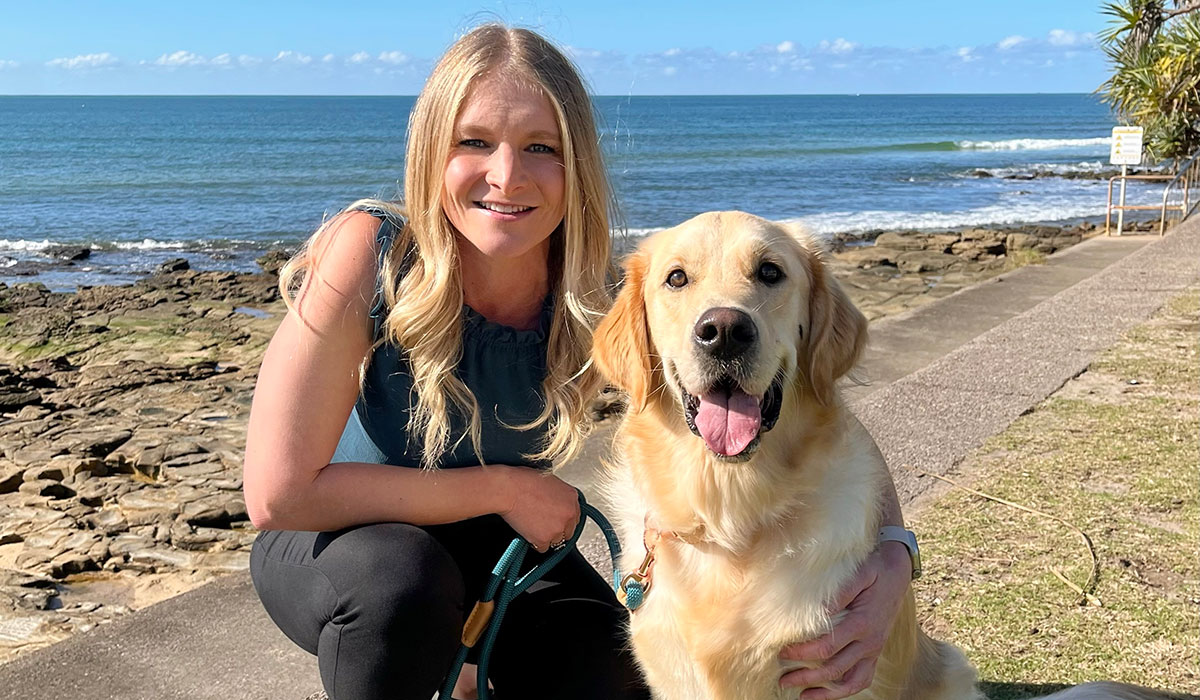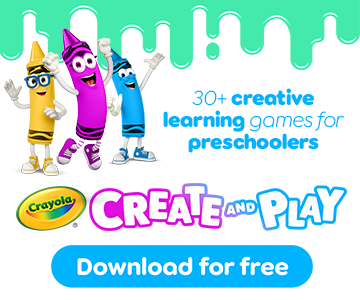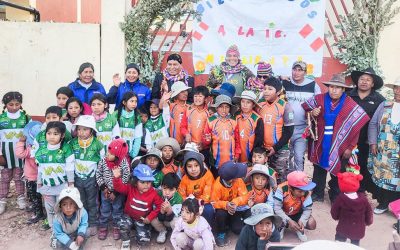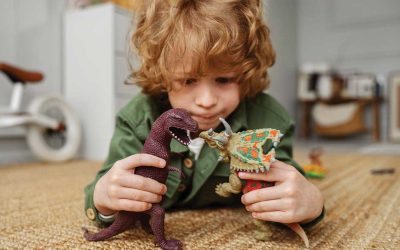There are many therapy services available to kids today and each plays a very important role. But choosing the therapy that is right for your child’s unique concerns can be overwhelming for parents. At heart of many therapy services for kids is occupational therapy, but what is it and how can it help improve a child’s life?
What is paediatric occupational therapy?
An occupational therapist (OT) supports children to engage and participate in day-to-day activities (occupations). These include play, learning, dressing, toileting, eating, sleeping and movement. These occupations are essential to a child’s development, encouraging independence and building confidence and purpose in their lives.
“We help children acquire skills that are important in everyday life, such as increasing independence in self-care tasks, promoting play and social development and to improve fine and gross motor skills,” says Rachel Thomas, paediatric occupational therapist at PEACHES Occupational Therapy in Mooloolaba on the Sunshine Coast.
“While developing these physical capabilities, we work to build your child’s executive function, such as attention, concentration, self-control, subsequently fostering emotional regulation and resilience.”
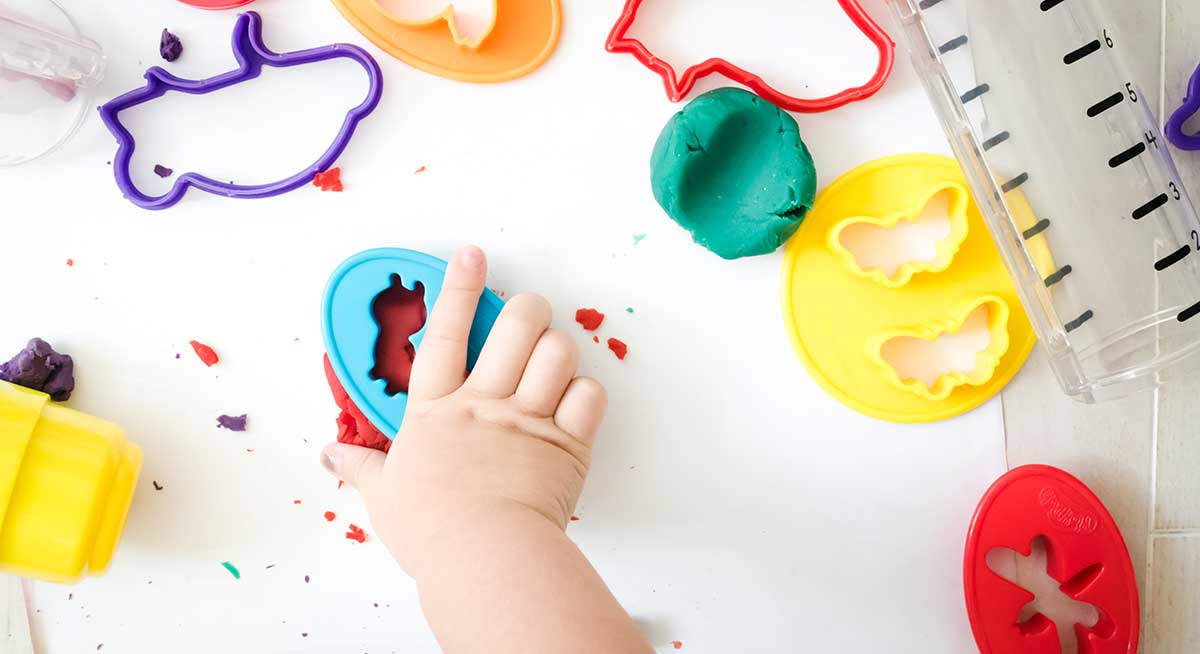
Modelling dough is a great tool to develop fine motor skills — and it’s fun too!
Why might a child see an occupational therapist?
An OT can cover such a broad area, there are many ways an OT can help your child.
“You may come to see us because your child is having trouble doing everyday things — whether because of a developmental delay, emotional problems, or a disability,” Ms Thomas says.
“Or you might visit an OT because you have noticed your child somewhat disconnected socially, but aren’t sure how to best support them in that.
“Because every child is different, we focus on your child’s interests and strengths, and work in a family-centred way, always considering the unique needs of your child and your family.”
Breaking that down…
Occupational therapy can be loosely broken down into seven focus areas.
- Play skills: Play is how children make sense of the world around them. Children learn and develop many skills through the trial and error of play that they will continue to use throughout their lifetime.
- Self-care: These skills are the everyday, routine tasks undertaken so children become more independent in daily life as they grow and develop. They include dressing, eating, toileting, cleaning teeth.
- Emotional regulation: Referring to a child’s ability to recognise, process and act upon the emotions that they feel within different situations.
- Sensory processing: Skills required to receive and respond to sensory information from the environment in a meaningful way.
- Cognitive skills: Cognitive (thinking) skills are those needed by the brain to help think, learn, remember, reason and pay attention.
- Fine motor skills: Fine motor skills involve small-muscle movements made with the hands and fingers. These include finger dexterity, wrist and forearm control, and hand strength.
- Gross motor skills: Gross motor skills involve large (core stability) muscles of the body to achieve balance and body coordination.
“As a paediatric occupational therapist, I can help a child with all of these skills!” Ms Thomas says.
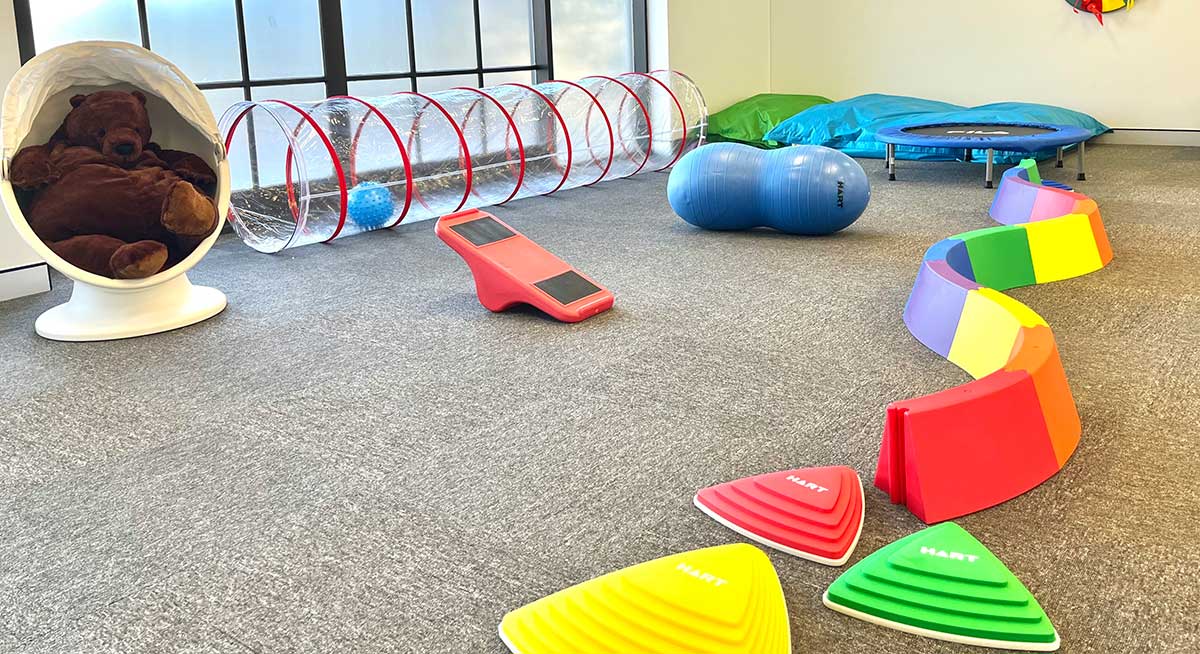
A paediatric occupational therapy space to play and develop gross motor skills
Accessing paediatric occupational therapy
“Families come to us in all sorts of ways,” Ms Thomas says.
“Many come to us as they have received funding from the National Disability Insurance Scheme and want to commence OT sessions. Children can also access our services through their GP on a health plan. But you don’t need a referral to see us. You can just make an appointment directly with us to have a chat about your concerns. We see children from ages 0 to 16, however, specialise in early intervention.”
You will usually see an occupational therapist at their clinic for regular sessions.
“We deliver face-to-face sessions at our Mooloolaba clinic. We also service surrounding areas providing home visits, early childhood setting visits, school visits, community visits and Telehealth consultations.”
Ms Thomas says writing down a list of concerns and goals before your first appointment is beneficial.
“It’s very useful to know everything you’d like to achieve from the therapy, and all the concerns you have — no matter how small they may seem. Often they can be somewhat connected, and as we work on one skill, others also emerge.”
Therapy dogs can further enhance occupational therapy
The positive impact of therapy dogs is rapidly being recognised, in particular in childhood therapy settings. Understanding this, Rachel Thomas has a gorgeous golden retriever to welcome and comfort the children.
“Peaches is our clinic dog and inspiration for our Sunshine Coast clinic’s name,” Ms Thomas says.
She says prior to being a therapy dog, Peaches spent 14 months participating in the Smart Pups’ training program.
“His trainer had thought his temperament would be better suit a therapy dog role. Peaches’ calm and gentle nature provides emotional support for children alongside encouraging social reciprocity and helps increase children’s participation in activities,” Ms Thomas says.
“He is currently going through training to become a certified therapy dog to facilitate animal-assisted therapy within sessions”.
